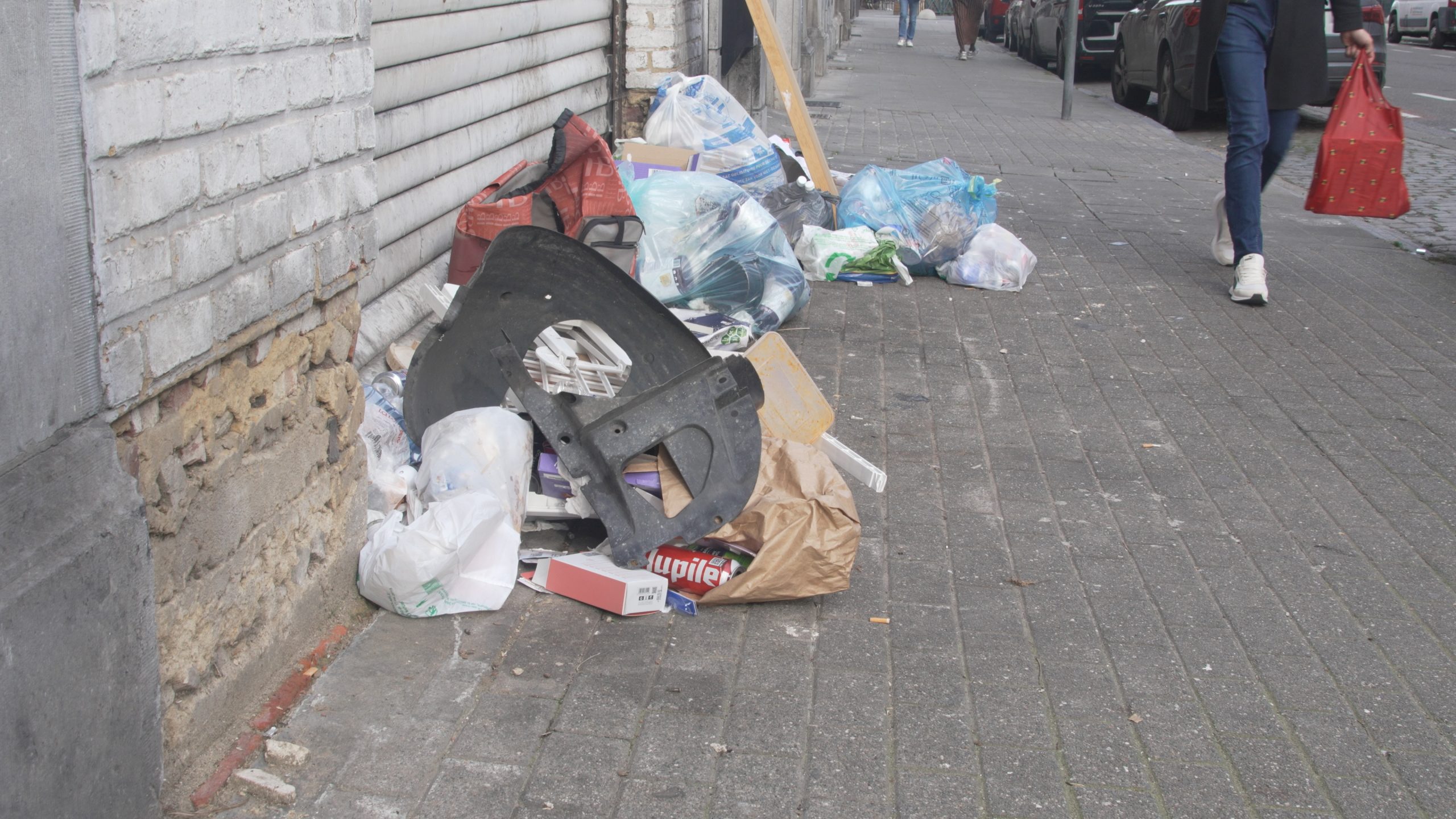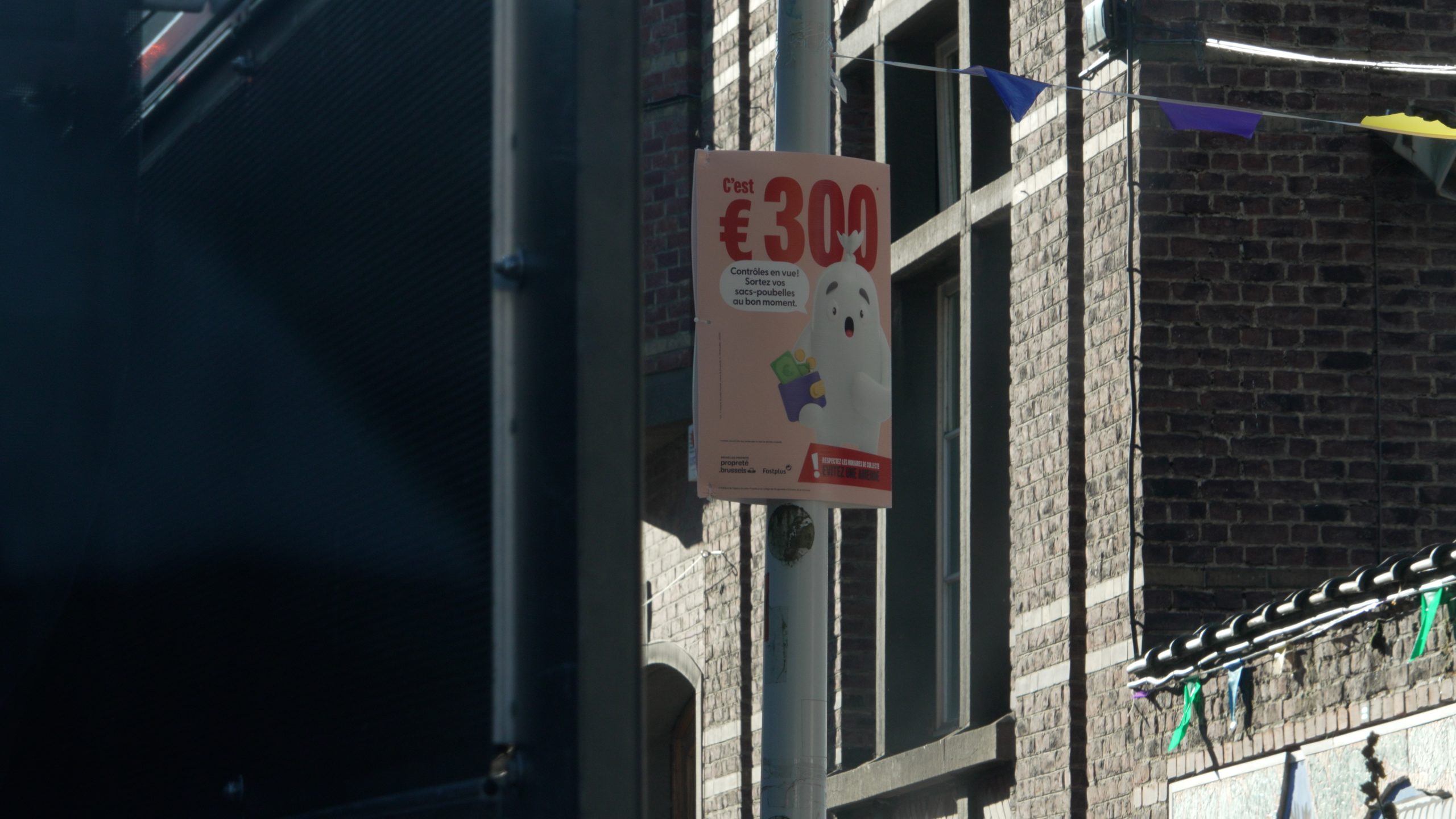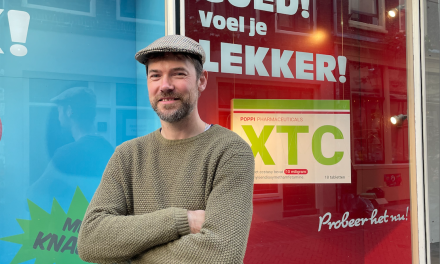
‘It’s shameful that the capital of Europe still uses such a medieval system”
How Brussels is fighting its trash problem
BRUSSELS – The Brussels Capital Region is launching a major, coordinated crackdown on illegal dumping as the problem reaches critical levels. Armed with the authority to tear open suspect garbage bags on the street, mixed control teams are now hunting for evidence to identify and fine violators in a coordinated operation known as the ‘Triathlon de la Propreté’.
The numbers paint a clear picture. In 2024, regional sanitation agency Bruxelles Propreté cleared nearly 5,200 tons of illegally dumped waste. That is a spike of more than 20 percent compared to the previous year. For the City of Brussels alone, processing this illegal waste costs €2.5 million annually.
Citizen complaints tell a similar story. Through the digital platform Fix My Street, the City of Brussels registered 13,852 cleanliness complaints in just the first half of 2025. Over 11,000 of those were about illegal dumping. The trend is alarming. Complaints have surged from 18,175 in 2022 to 29,717 in 2024.
The city’s official stance, as articulated by spokesman Andreas De Kerpel, is one of defiance. “Brussels isn’t dirty, it is being dirtied,” he states, placing the blame on violators rather than a failing system.
“Brussels isn’t dirty, it is being dirtied.”
— Andreas De Kerpel, City of Brussels
The Waste Tourist Phenomenon
Behind the surge lies a stark economic reality. “A roll of waste bags in Brussels costs about €2,” explains Andreas De Kerpel, spokesman for the City of Brussels’ Alderman for Public Cleansing. “In the surrounding regions, that price can be between €15 and €25.”
This price gap has turned the capital into a dumping ground for commuters from Flanders and Wallonia. The data backs this up. Of the 4,800 fines issued by the City of Brussels in 2024, 857 went to individuals living outside the Brussels region entirely.
Jonatan de Staerke, a waste inspector with Bruxelles Propreté, sees this phenomenon daily. “People from outside Brussels come and place their bags in the Brussels region,” he explains during a control operation in Forest. “Where I live, one bag costs €3.50. Here in Brussels, if I’m not mistaken, a roll costs €2.50. So the difference from one bag to a roll of ten bags, the difference is there.”
Fines and Enforcement Teams
The response has been swift and severe. Between January and September 2025, the City of Brussels issued €749,550 in fines for illegal dumping alone. Penalties are substantial. They range from €500 per cubic meter for household waste to €1,000 for hazardous materials.
The enforcement mechanism is the ‘Triathlon de la Propreté’. This is a three-phase operation combining identification, public awareness campaigns, and aggressive enforcement. At the heart of this strategy are mixed teams of municipal and regional inspectors who systematically search through illegally dumped bags for evidence.
Their methods are thorough. Inspectors comb through bags looking for any identifying information. Old mail, receipts, even product packaging that can be linked back to specific households or businesses. Once identified, violators face substantial fines for the offense.
De Staerke notes the impact of the campaign. “We started this project about a month ago. In the beginning, we had a huge number of bags left outside the permitted hours and days. Now we see a real difference.”
But challenges remain. “There are 19 municipalities in Brussels and at Bruxelles Propreté we have about 15 to 20 inspectors,” De Staerke admits. “We try to do our job as well as possible, but we need more hands.”
A Medieval System?
Even as authorities ramp up enforcement, some officials acknowledge deeper structural problems. De Kerpel calls Brussels’ reliance on curbside plastic bags “shamefully medieval,” arguing that the city desperately needs modern underground container systems.
According to De Kerpel, the previous regional minister actively blocked the rollout of underground containers over concerns about waste sorting. “You have to ask, what is more important,” De Kerpel states. “That the streets are clean, or that every piece of waste is perfectly sorted? We want clean streets.”
But the problems run deeper than political priorities. Brussels lacks comprehensive oversight of its underground infrastructure. The maze of pipes and cables beneath the streets makes installation of large container systems complex and costly.

The challenge is further complicated by what De Kerpel calls the “Brussels Puzzle.” While the regional agency collects waste, the city’s 19 individual municipalities are responsible for street cleaning. That accounts for 80 percent of the city’s surfaces. This fragmented governance structure makes coordinated solutions difficult.
“What we need, above all, is a mindshift,” De Kerpel admits. He acknowledges that fines alone will not solve a problem involving complex governance and a constantly changing population unfamiliar with local regulations.
For now, Brussels is betting that aggressive enforcement combined with public awareness campaigns can bend the curve on illegal dumping. But whether control teams and hefty fines can overcome systemic challenges and economic incentives remains an open question.




